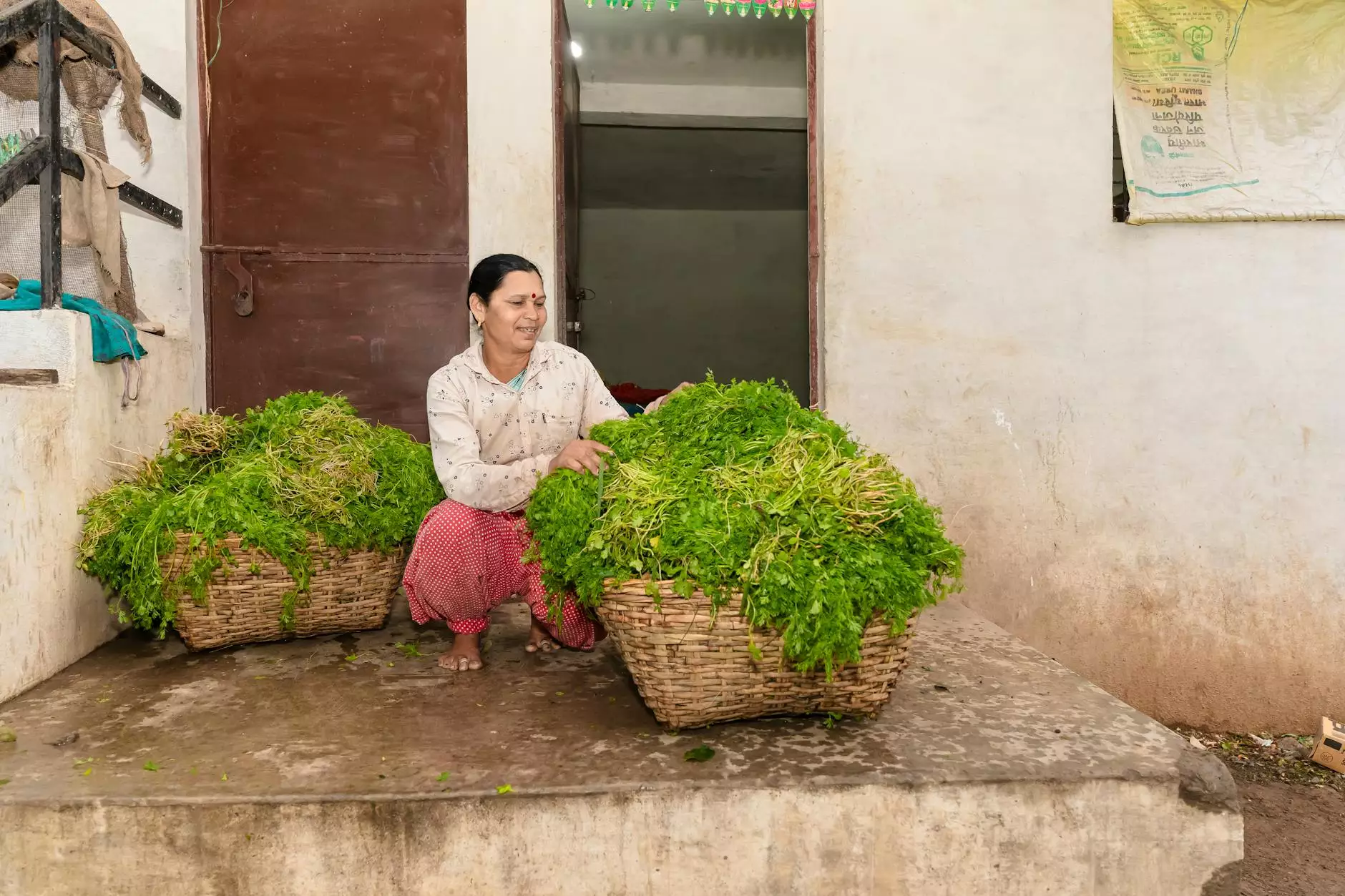Unlocking the Power of Muriate of Potassium: The Essential Fertilizer for Thriving Agriculture

In the global quest for sustainable and high-yield agriculture, muriate of potassium has emerged as a cornerstone nutrient that significantly influences crop health, soil fertility, and overall farm productivity. As a indispensable source of potassium, it empowers farmers to optimize their harvests, enhance plant resilience, and achieve economic viability in competitive markets.
What Is Muriate of Potassium? An Overview
Muriate of potassium, scientifically known as potassium chloride, is a highly soluble mineral fertilizer primarily composed of potassium (K), chlorine (Cl), and trace elements. It is the most widely used potassium supplement in modern agriculture due to its cost-effectiveness, abundant availability, and high nutrient content.
The Significance of Potassium in Agriculture
Potassium plays a vital role in plant physiological processes, including:
- Regulation of stomatal function: Facilitates gas exchange and water regulation within the plant.
- Enzyme activation: Supports numerous enzymatic reactions essential for growth.
- Carbohydrate synthesis: Enhances sugar translocation and storage.
- Disease Resistance: Improves plant resilience against pests and diseases.
- Stress tolerance: Helps plants withstand drought, temperature extremes, and salinity.
In short, potassium not only promotes vigorous growth but also strengthens plants’ ability to adapt and thrive under challenging environmental conditions.
Why Choose Muriate of Potassium Over Other Fertilizers?
While several potassium sources exist, muriate of potassium offers distinct advantages:
- High nutrient concentration: Contains approximately 60-62% K₂O (potash), making it highly efficient.
- Cost-effectiveness: Typically less expensive on a per-unit basis compared to alternatives like sulfate of potash.
- Readily available: Supported by a well-developed global supply chain ensuring steady availability.
- Ease of application: Suitable for diverse application methods including broadcasting, banding, and foliar feeding.
- Minimal impurities: Less problematic impurities compared to some natural mineral sources.
However, it is essential to consider soil characteristics and crop requirements when selecting the optimal potassium fertilizer for your agricultural operation.
Applications of Muriate of Potassium in Agriculture
Muriate of potassium is versatile and applicable across a broad spectrum of crops such as cereals, tubers, fruits, vegetables, and even ornamental plants. Its primary functions include enhancing crop yield, improving quality, and ensuring nutrient balance.
Crop-Specific Benefits
- Cereals (wheat, rice, maize): Boosts biomass production and grain quality.
- Root crops (potatoes, carrots, beets): Promotes root enlargement and starch accumulation.
- Fruits (apples, grapes, citrus): Improves size, flavor, and shelf life.
- Vegetables (tomatoes, peppers, lettuce): Enhances color, taste, and nutritional content.
- Ornamentals: Ensures vibrant coloration and healthier foliage.
The timing and method of application are tailored based on crop growth stages, soil tests, and climatic conditions to maximize efficiency.
Understanding Soil Compatibility and Nutrient Management
Proper use of muriate of potassium hinges on comprehensive soil analysis to determine existing potassium levels, pH, and other nutrient statuses. Excessive application can lead to salt buildup and potential environmental hazards, while deficiencies can impair crop development.
Soil testing recommended prior to application allows for precise dosing, ensuring optimal nutrient uptake and minimizing waste.
Typically, muriate of potassium is incorporated into soil during pre-planting or as a top-dressing during crop growth. Continuous monitoring and adjusting fertilization strategies contribute to sustainable and profitable farming practices.
Environmental and Safety Considerations
Use of muriate of potassium must adhere to safety standards to prevent environmental contamination and soil degradation. Proper handling, storage, and application techniques are essential to protect workers and surrounding ecosystems.
While potassium chloride is generally safe when used responsibly, excessive chlorides may affect sensitive crops and soil microbiota. Therefore, integrated nutrient management is critical.
Leading Industry Insights and Future Trends
The global demand for muriate of potassium continues to grow in response to escalating food security challenges. Innovations in fertilizer technology, sustainable mining practices, and eco-friendly application methods are shaping the future of potassium nutrition.
Emerging trends include:
- Precision agriculture: Utilizing GPS and sensor technology to optimize application rates.
- Blended fertilizers: Combining potassium with other nutrients for tailored crop needs.
- Environmental stewardship: Developing eco-efficient manufacturing and usage protocols.
- Research breakthroughs: Advances in soil health management and biofortification.
Industry leaders prioritize sustainable supply chains and innovative solutions to meet the increasing global food demand while minimizing ecological footprints.
Choosing the Right Partner for Your Fertilizer Needs
For businesses involved in agricultural inputs, sourcing quality muriate of potassium from reputable suppliers such as Silver Holdings PZOO ensures product consistency, competitive pricing, and reliable logistics.
Partnering with experienced suppliers who understand regional crop requirements and environmental considerations can elevate your farm's productivity and sustainability efforts.
At Silver Holdings PZOO, we deliver premium-grade potassium chloride, tailored to meet diverse agricultural demands and drive your business forward effectively.
Conclusion: The Vital Role of Muriate of Potassium in Modern Agriculture
Muriate of potassium stands as a pivotal element in the arsenal of sustainable, productive farming. Its ability to enhance crop quality, resilience, and yields underscores its importance in nourishing the world's growing population.
By understanding its applications, benefits, and careful management practices, farmers and agribusinesses can harness its full potential—turning fertile soils into thriving agricultural landscapes that support economic growth and environmental health.
Investing in high-quality muriate of potassium from trusted providers paves the way for long-term success and sustainability in the agricultural sector.
muriate of potassium








